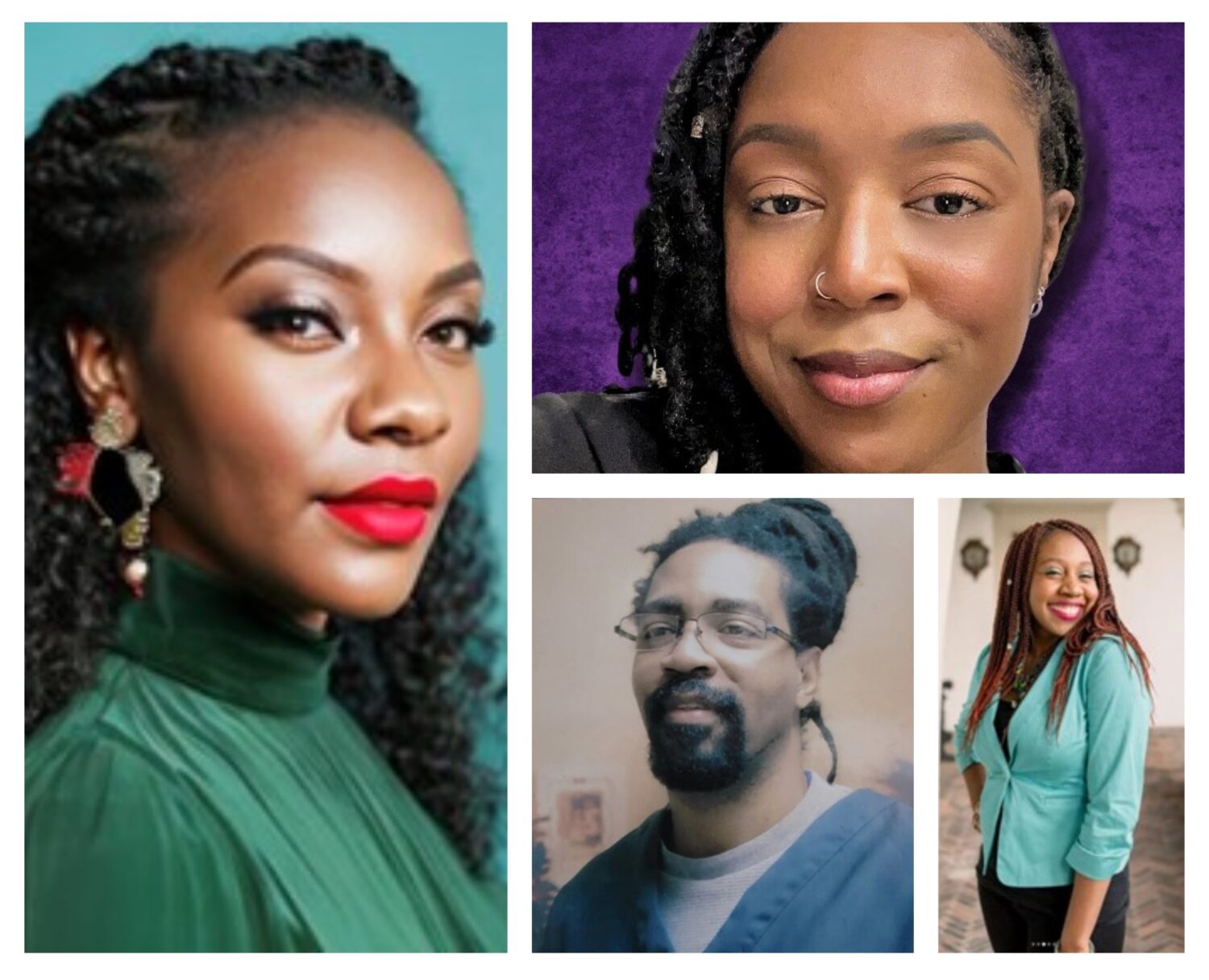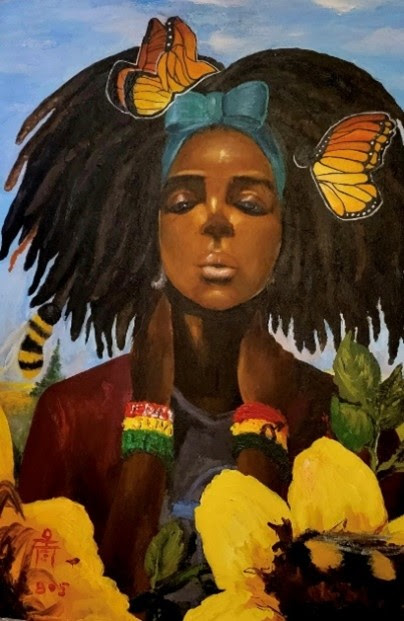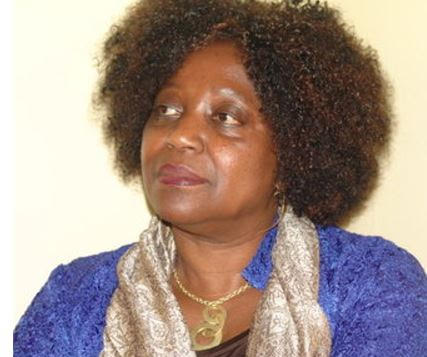
The Black Women’s Affinity Group (BWAG) at Madison College will be hosting the 3rd Dzigbodi Akyea Art Exhibit tonight at 5:30 p.m. in the Madison College Truax building with the theme of “Restoring the Black Woman.” Building off of the theme last year of “Protecting the Black Woman,” BWAG hopes to embrace the idea of pouring back into themselves as much as they pour out to others.
Tonight’s agenda for “Restoring the Black Woman” will include networking and food at 5:30 p.m., the program at 6:30 p.m. and the gallery viewing, along with more networking, at 7:30 p.m. The exhibition includes work from multiple artists who highlight the experience of Black women in multiple mediums, through multiple lenses
The president of BWAG, Chevon Bowen, reflected last year on the necessity of spaces for Black women to be in community, and how difficulty in creating or maintaining those spaces can often come as a result of Black women taking on the task already being at capacity. The question of how to implement sustainable change in creating both support systems for Black women, and in educating on issues such as microaggression, systemic racism, and misogynoir, carried on into this year’s theme.
“It was good to see that mix of community together, to see our message and to understand our story. It left us feeling full and hopeful I think, for what kind of changes would come to help Black women succeed here, both students and employees. That’s kind of where it left us,” Bowen said to Madison365, explaining that the energy leading up to the exhibit seemed to dissipate in some ways as time progressed past it.

“This year’s theme is aiming to have conversations and discussions around what restoring the Black woman looks like even outside of the institution. Trying to help us be more aware of the fact that with change, while it is something that we’re trying to work to bring about here, there are many systemic barriers that make that process move slowly. The harm that we receive is still intense right, so even though we ask for things to be done inside the institution to help us, we also need to be cognizant that we may need to start looking elsewhere to help restore us if the institution is unable to provide those resources or those preconditions necessary so that we can thrive and feel safe.”
Bowen also spoke on how a constant push is required to stay energized given that many members or collaborators of BWAG may not have other Black women in their direct work environments, yet have to navigate engaging with groups like BWAG while balancing heavy workloads in their position.
Although with recent popular events calling the safety of people of color’s experiences in higher academics into question, Bowen cited a renewal in seeking connection and new Madison College arrivals pushing for more as what brings back that legacy Dzigbodi Akayea left.
“That’s the time honestly when Dzigbodi’s spirit kicks in, when she’s coming down like, ‘You all are gonna make it through, you’re gonna be okay, just keep pushing forward,’” said Bowen, recalling the encouragement the long-time academic advisor would give to both students and colleagues. “I feel like even though her presence is felt with us throughout the year, the magic of this gallery helps to give us that extra strength to be able to push through. There’s that piece, and I would also say that there needs to be credit given to Dr. Damira Grady. Since she has started working here, she’s been very intentional about supporting whatever events or professional development or whatever spaces that Black females need created, so that we can be within the community and we can talk about the challenges that we’re up against.”

For Bowen, the biggest benefit of restoring the self first is to better be in community with others. That first step drives the eventual result of communities having the strength to push for better conditions and making changes. Although people may be coming in with different experiences and starting from different bases of knowledge, Bowen expressed how crucial it is to find common ground in the face of obstacles.
“How do we get everyone together and talk about the fact that it’s the systems and the structures that got us to where we’re at?” Bowen asked. “There’s gotta be a way for us to be able to come together and have these restorative conversations, so then we can be comfortable with uniting and standing up for our rights as a collective. I think that’s a big part of the struggle right now. It’s easy to keep that from happening when you have us in these different areas of the college where we can’t interact with each other, when you’re treating certain individuals with different levels of privilege than others, when all these systems and behaviors are running, it does not surprise me that it’s a struggle.”
The idea of prioritizing your own well-being hits close to home for Bowen who missed last year’s opening night as a result of not putting her own restoration first. This year, she looks forward to being at the exhibit’s opening night on Feb. 1 and hopes people can take away the question of what support and restoration looks like for them and their community, especially for Black women, many of whom are to thank for this exhibit.
“It’s okay for a part of this to be about, ‘What are you doing for yourself?’” said Bowen in conclusion. “I think that’s a struggle for Black women. We’re so used to having to take care of everyone else, and we’re so used to people making us feel guilty if we try to take care of ourselves. That’s something I personally learned last year. I was not taking care of my mental health the way that I needed to, and my emotional and spiritual well-being, and that ultimately led to me missing the gallery. I realized I had to be more intentional with centering myself, and I think that that’s hard for us to do. One of my big first things is: look at what restoration means for you.”
To learn more about the exhibit, check out more information on the Madison College website here.



